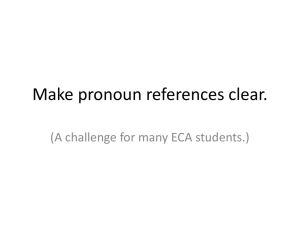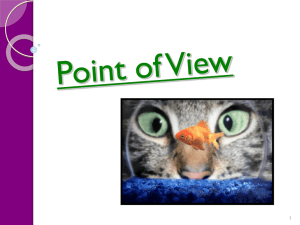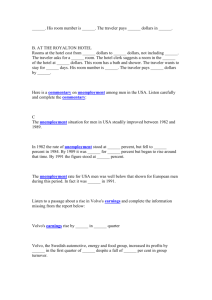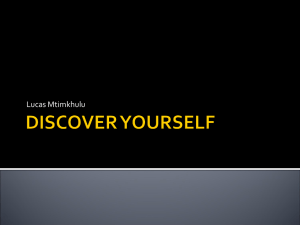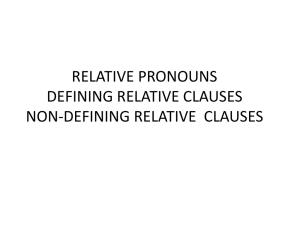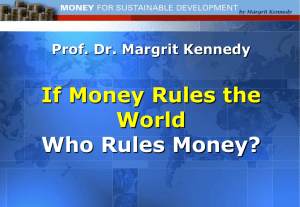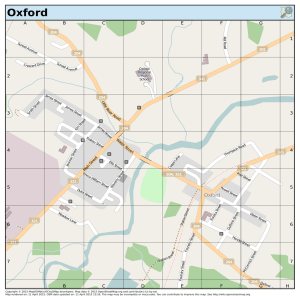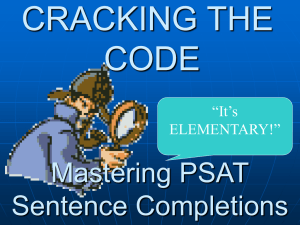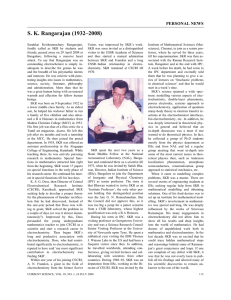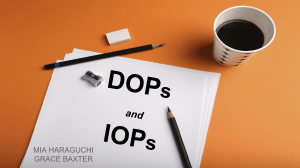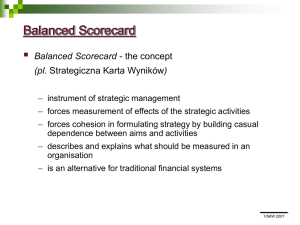str/ /skr/ /skw
advertisement
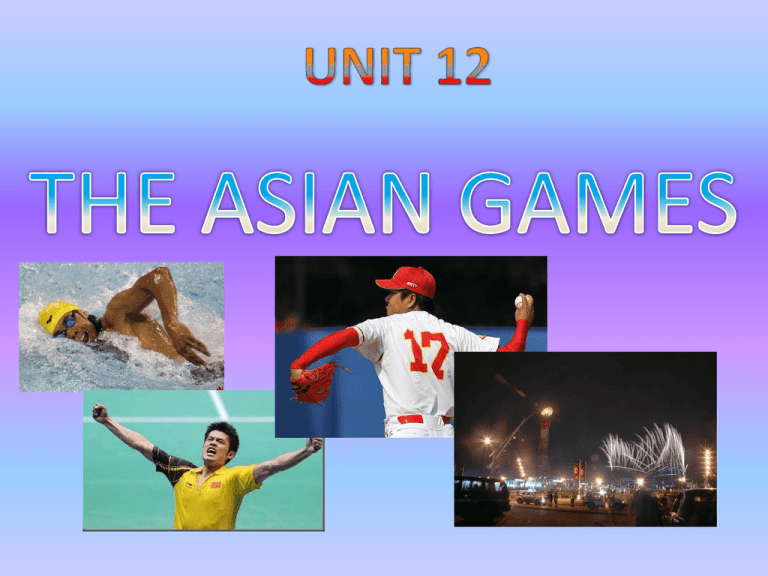
• Pronunciation: /str/ - /skr/ - /skw/ • Grammar: 1.Relative clauses 2.Omission of Relative pronouns PRONUNCIATION /str/ - /skr/ - /skw/ /str/ • street • strong • strange • strength PRONUNCIATION /str/ - /skr/ - /skw/ /skr/ • Scream • Screen • Screw • Scratch PRONUNCIATION /str/ - /skr/ - /skw/ /skw/ • Square • Squeeze • Squeak • Squeal /str/ /skr/ /skw/ street strong strange strength scream screen screw scratch square squeeze squeak squeal - There was a strong man on the street at night. - The man was eating ice-cream, squeezing the doll and it was squeaking. - A strong man was screaming while walking to the square. Grammar Fill in the blanks with : Who, whom, which, or that ? 1. I know the man _____ you met yesterday. 2. The farmer _____ sold us some potatoes lives in the next village. 3. The knife _______ we use to cut bread is very sharp. 4. This is the most beautiful dress _____ I have. 5. There is something_______ you should know. 1. whom/who/that 2. Who/that 3. which/that 4. that 5. that RELATIVE CLAUSES (revision) • Who, whom always refers to people. • Whom is normally used as the object of a relative clause. • Who can be used as the subject or object of a relative clause. EX: He is the man who/whom I saw last night. The girl who was injured in the accident is now in hospital. RELATIVE CLAUSES (revision) • Which always refers to things. • “Which” can be used as subject, object of a verb or object of a preposition. EX: I don’t like stories which have unhappy endings. (which is used as the subject) These are two houses which he owns. (which is used as the object) This is the house in which he was born. (which is used as the object of a preposition) RELATIVE CLAUSES (revision) • That can refer to either people or things. • “That” can function as subject, object of a verb or object of a preposition. EX: This is the boy that sang the solo last night. (that is used as the subject) These are the games that the children are playing. (that is used as the object) It was the first bed that she had ever slept in. (that is used as the object of a preposition) *Note: We have to use “that” in these below cases: • After a mixed antecedent EX: The old man and the dog that passed my house yesterday made much noise. • After a superlative word EX: This is the most beautiful dress that I have. • After these words: all, every, very, only, first, last, much, little, some, any… • After interrogative pronouns EX: Who is she that you say hello? • We mustn’t use “that” if there is a comma before “that”. Omission of relative pronouns • Have you found the keys which you lost? => Have you found the keys you lost? • The woman who I want to see is beautiful. => The woman I want to see is beautiful. • This is the best meal that I have ever eaten. => This is the best meal I have ever eaten. NOTES • In a defining relative clause, we can omit the relative pronoun that refers to the object. Ex: The woman who I want to see is beautiful. => The woman I want to see is beautiful. • We can also leave out the relative pronoun after a superlative. Ex: This is the best meal that I have ever eaten. => This is the best meal I have ever eaten. BE CAREFUL!!! 1. In a defining relative clause, we can not omit the relative pronoun that refers to the subject. EX: The woman who lives next door is a doctor. 2. In a non-defining relative clause we must keep the relative pronoun. EX: Tom, whom I talked to on the phone last night, is an architect. 3. We can not omit the relative pronoun if there is a preposition before that relative pronoun. EX: This is the man about whom I have told you PRACTICE I> Choose the sentences in which relative pronoun can be omitted. 1. The people who we met at the party were very friendly. 2. The people who work in the office are very friendly 3. The people who I talked to were very friendly 4. What have you done with the money that I gave you 5. What happened to the money that was on the table? Did you take it? 6. It was an awful film. It was the worst film that I have ever seen 7. It was an awful experience. It was the worst thing that has ever happened to me. 8. This is my mother, who I have told you about. PRACTICE II> Choose the correct answers. 1. We always like the boys ________ speak the truth. A.Who B. Whom C. Which 2. God helps those ________ help themselves. A. Who B. Whom C. Whose 3. I don’t know the man____________ hit the boy. A. Which B. Whom C. Who 4. He was the first man _________ visited my new house. A. Who B. Whom C. That 5. These are the book _____ you have been looking for? A. Who B. (That) C. Whose PRACTICE II>Choose the correct answers. 1. We always like the boys ________ speak the truth. A.Who B. Whom C. Which 2. God helps those ________ help themselves. A. Who B. Whom C. Whose 3. I don’t know the man____________ hit the boy. A. Which B. Whom C. Who 4. He was the first man _________ visited my new house. A. Who B. Whom C. That 5. These are the book _____ you have been looking for? A. Who B. (That) C. Whose HOMEWORK • Do exercises 1,2,3 (page 144-145) in your books. • Practice pronunciation /str/-/skr/-/skw/. • Prepare for the next unit. GOOD BYE CLASS!
